Every parent knows that raising kids is no easy task. This means that it’s not common for them to snap and lose their temper sometimes. But sadly, when yelling becomes a regular part of how their children are disciplined, it can leave lasting effects that play an impactful role in who they become. Here are some of the common traits seen in kids who grow up being yelled at.
Low Self-Esteem Develops Early

It’s easy to see how hearing harsh words regularly can chip away at a child’s confidence. When mistakes are met with yelling instead of guidance, kids start to believe they aren’t good enough. Over time, this erodes self-worth and can lead to feelings of inadequacy, even in areas where they excel.
Anxiety Becomes a Constant Companion
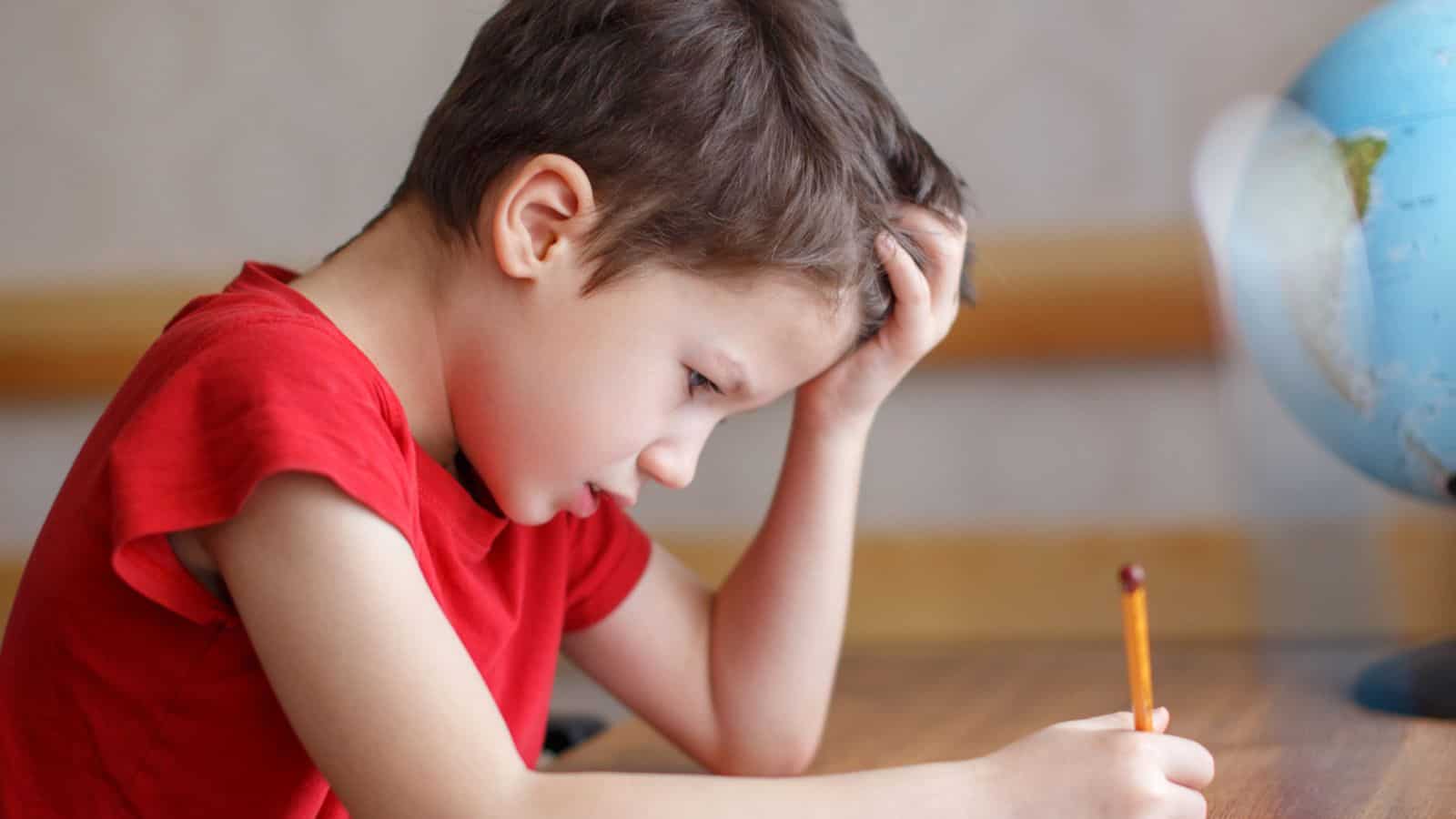
For kids who are frequently yelled at, the home can feel unpredictable. They might walk on eggshells, unsure of when the next outburst will come. This heightened state of alertness often translates into anxiety that follows them outside the home as well. Even in calm situations, they may feel on edge, anticipating something going wrong.
They Struggle to Express Emotions
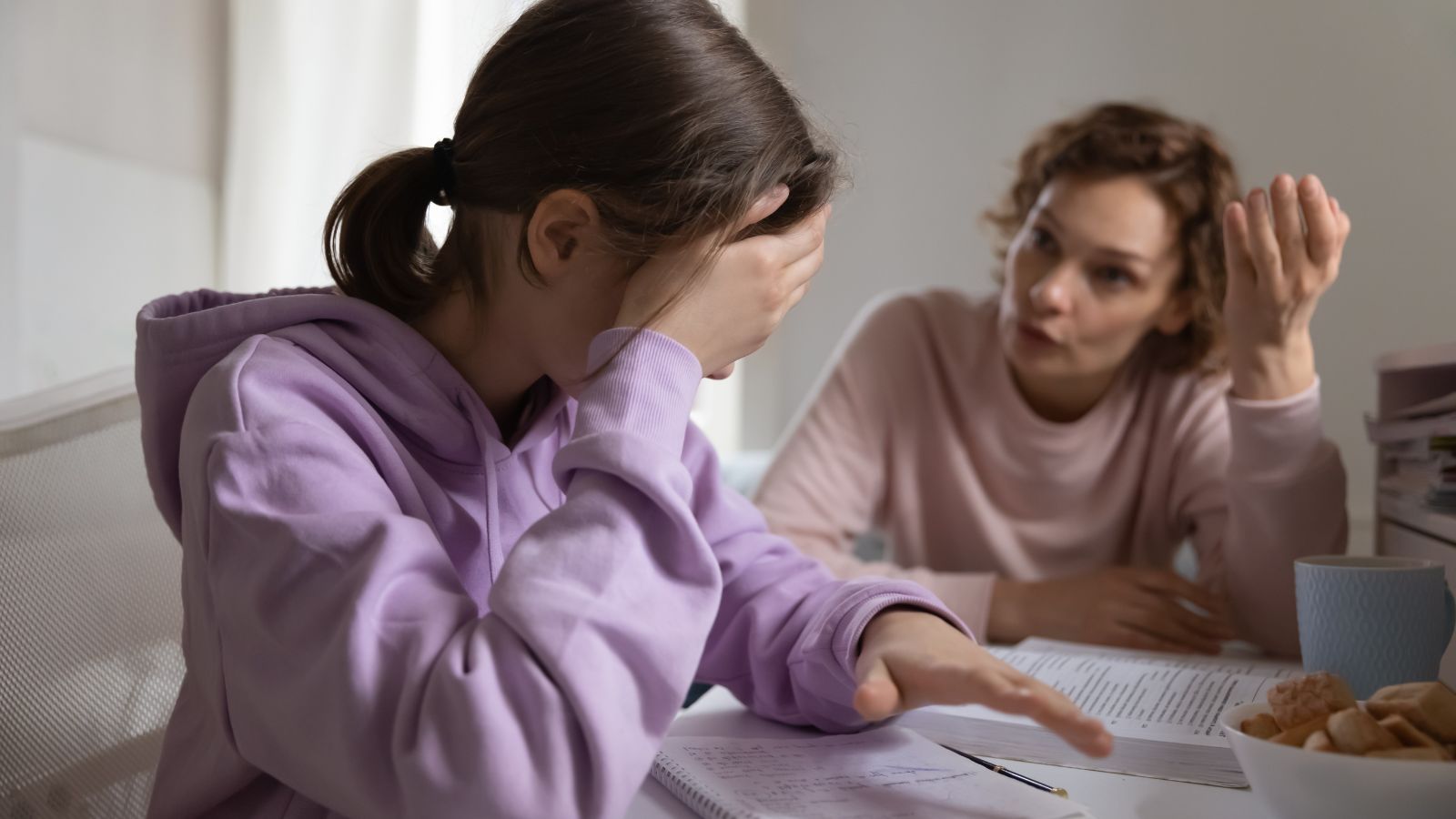
When kids are yelled at for showing frustration or sadness, they learn to bottle up their emotions. They may stop sharing how they feel, believing it’s safer to stay quiet. This emotional suppression can lead to difficulties in relationships as they grow older.
Perfectionism Starts to Take Hold

To avoid being yelled at, some kids try to be perfect. They become overly cautious, double-checking their work or actions to avoid any misstep that could trigger anger. While striving to do well can be positive, perfectionism often leads to burnout and dissatisfaction.
These kids may tie their self-worth to their achievements, feeling like they need to constantly prove themselves to avoid criticism.
They Become People-Pleasers
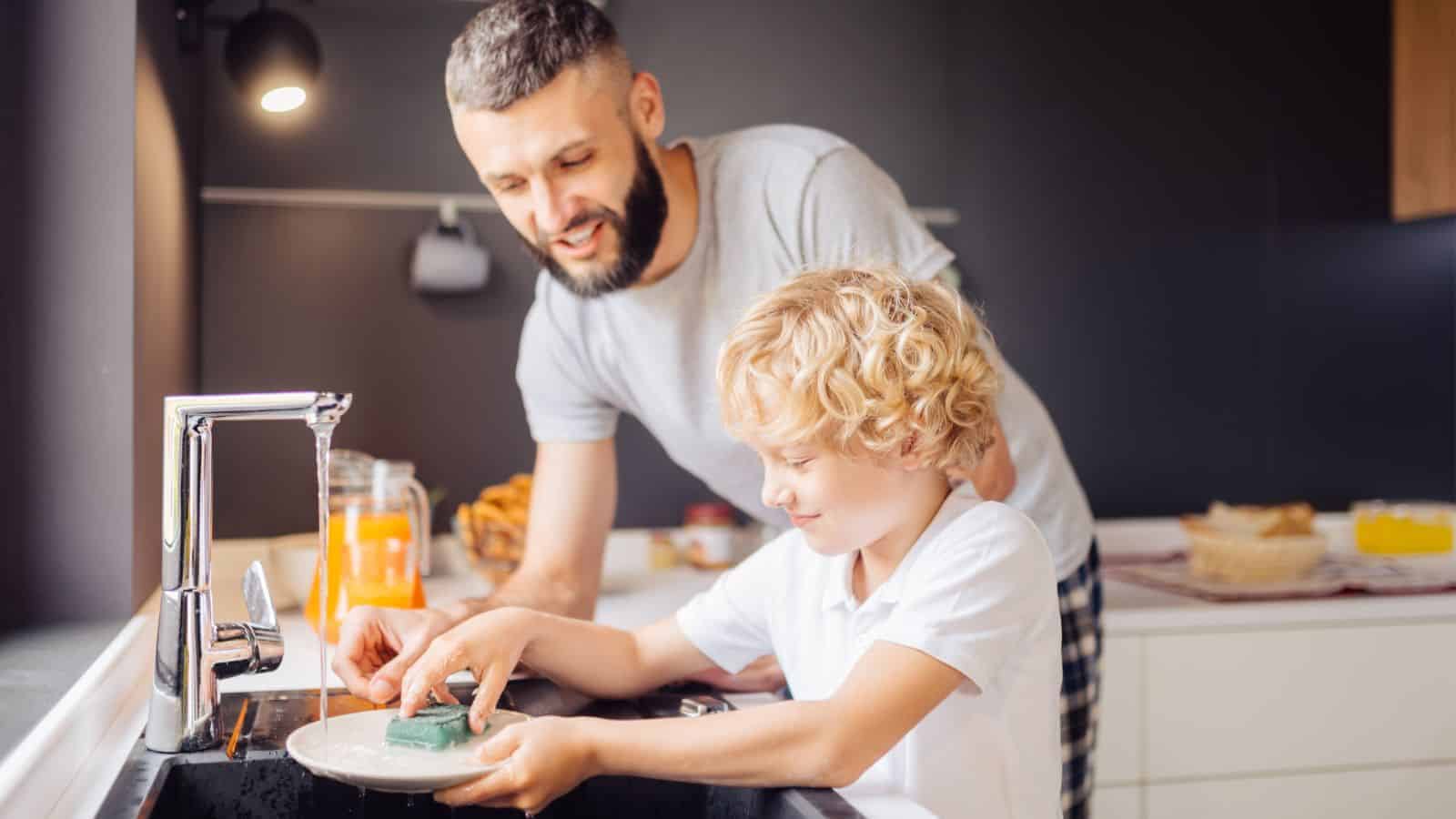
Kids who are frequently yelled at may develop people-pleasing tendencies to avoid conflict. They learn that keeping others happy can reduce the chance of being scolded, and this habit follows them into adulthood. It often leads to overcommitting, ignoring personal needs, and avoiding confrontation at all costs.
Trust Issues Can Develop

When yelling becomes a normal part of discipline, kids may begin to see authority figures as unpredictable or unsafe. This can lead to trust issues not just with parents but with teachers, coaches, and even friends. Trust, once broken, can be hard to rebuild, and children who grow up in environments filled with yelling often carry that guardedness into adulthood.
They Learn to Avoid Conflict at All Costs
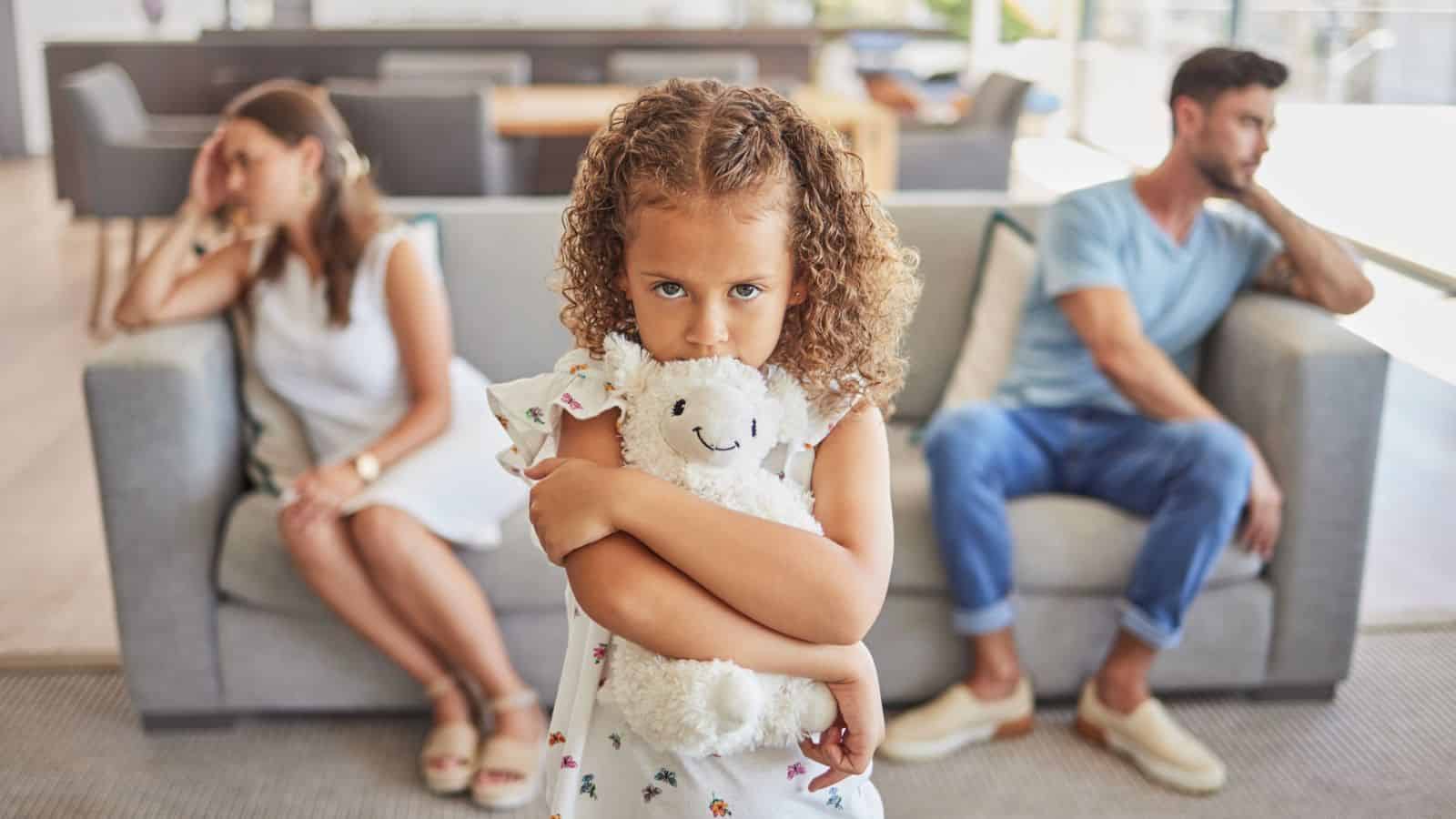
Children raised in homes where yelling is frequent often associate conflict with emotional pain. To protect themselves, they may avoid disagreements, even when it means sacrificing their own needs. While avoiding conflict may bring temporary peace, it often leads to resentment or frustration beneath the surface.
Anger Becomes Their Go-To Reaction

For some kids, being yelled at teaches them that anger is how problems are handled. As a result, they mirror this behavior, responding to frustration with yelling or aggressive actions. It’s not that they want to lash out; it’s that they’ve been conditioned to see anger as a normal reaction.
They Develop a Fear of Authority

Children who grow up being yelled at often feel nervous around authority figures, unsure of how to respond without making mistakes. This can show up in the classroom, the workplace, and even social settings. Fear of disappointing others or triggering negative reactions can hold them back from participating fully or voicing their ideas.
Relationships May Feel Unstable

When a child’s home environment feels emotionally volatile, they may grow up expecting instability in relationships. This can lead to fear of abandonment or constantly seeking reassurance from partners and friends.
In some cases, they might even unknowingly recreate the dynamic they grew up with, gravitating toward relationships where conflict feels familiar.
Apologizing Too Much Becomes a Habit

Kids who are frequently yelled at often apologize for things that aren’t their fault. They may say “sorry” as a reflex, hoping to diffuse tension before it escalates. This over-apologizing can continue into adulthood, making them feel responsible for situations beyond their control.
Independence Becomes a Defense Mechanism
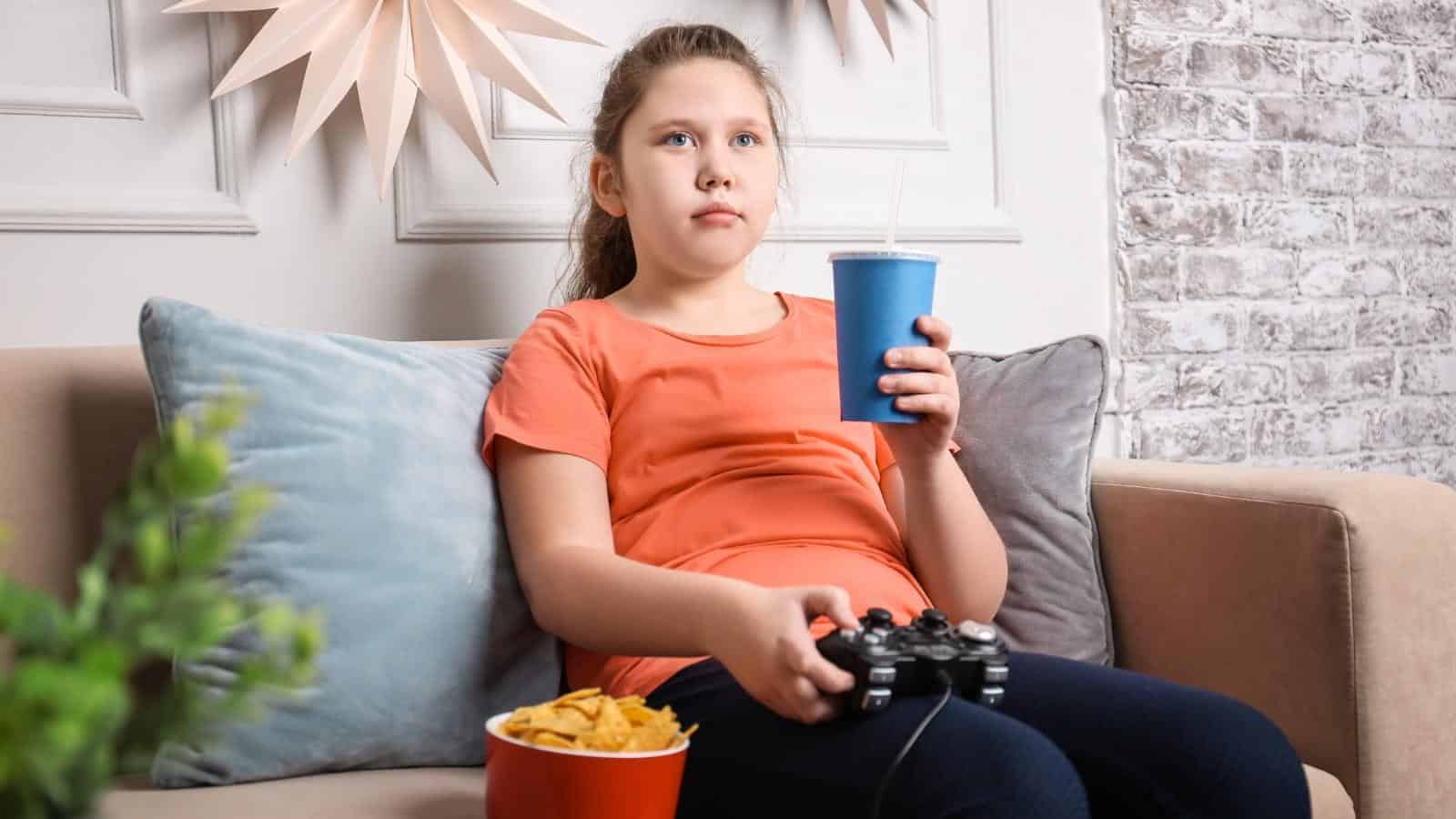
Rather than relying on others, children who experience frequent yelling sometimes develop fierce independence. They learn early on to handle things alone, believing that asking for help will lead to criticism. While self-sufficiency can be a strength, it can also make it difficult for them to accept support when they need it most.
They Develop Overthinking Habits
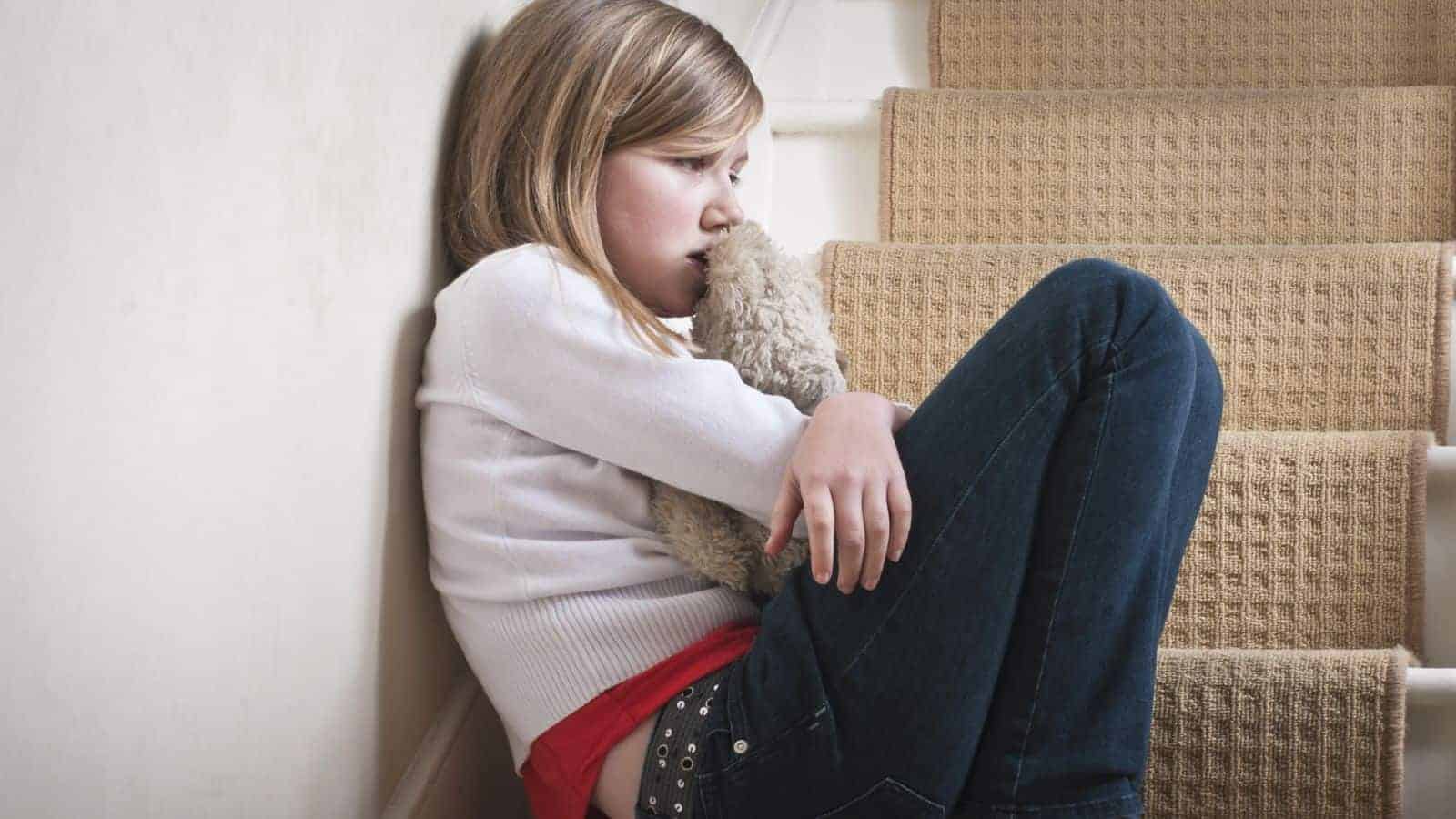
Kids who are frequently yelled at often second-guess their decisions, replaying conversations or interactions to figure out what they could have done differently. A habit of overthinking can easily lead to indecisiveness and self-doubt. Even simple choices feel overwhelming because they worry about potential backlash.
They Feel Responsible for Others’ Emotions

When children grow up in environments where yelling is common, they may take on the role of the peacemaker. They learn to read the room carefully, adjusting their behavior to keep others happy and avoid conflict.
As adults, they may struggle to separate their own emotions from others, feeling guilty even when they’ve done nothing wrong.
They Have Difficulty Accepting Praise
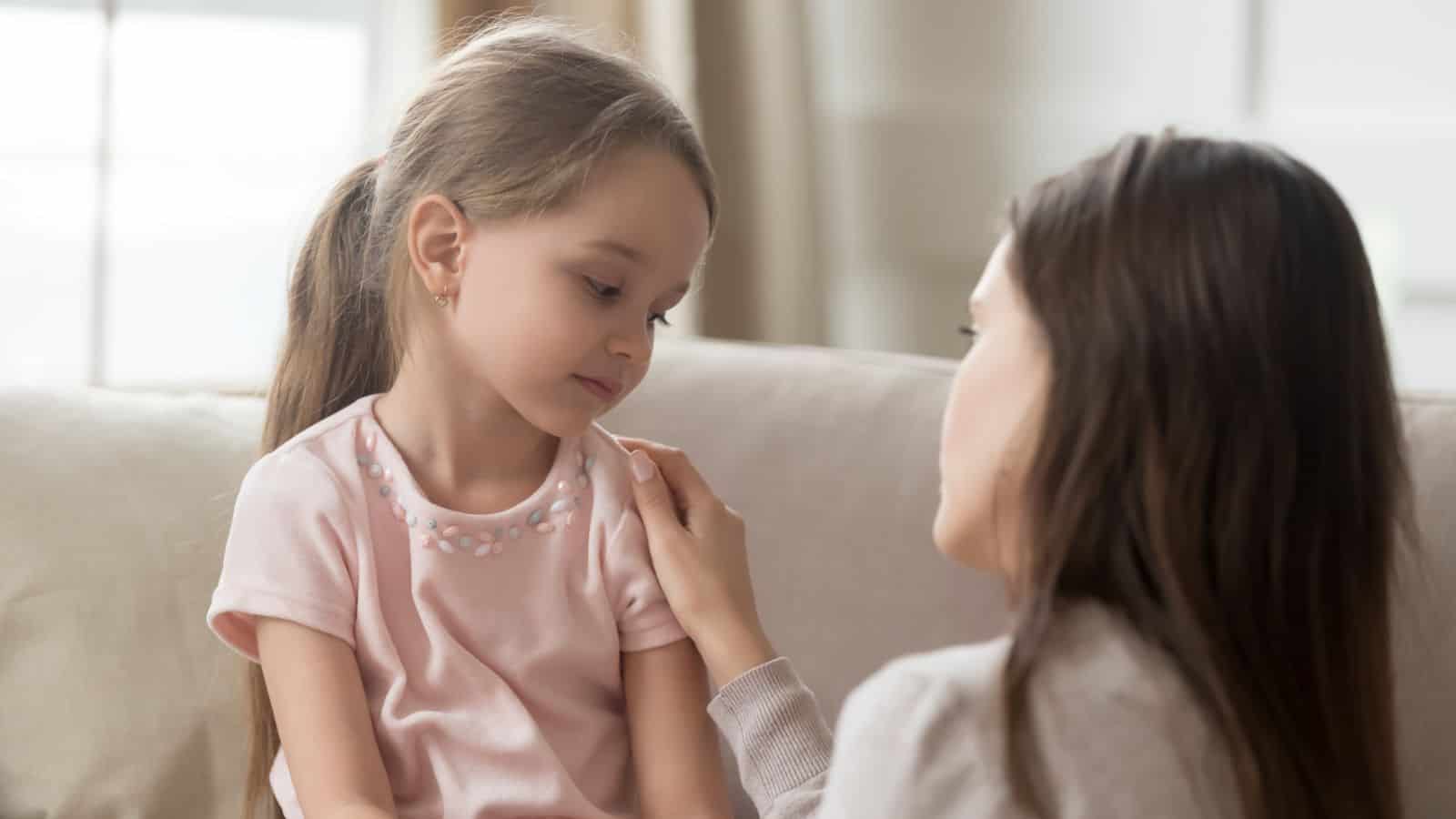
Children who experience regular criticism often have a hard time accepting compliments. Praise feels unfamiliar or even uncomfortable because they’re more accustomed to being corrected. Even when they’re older, positive feedback may feel insincere or leave them wondering if there’s a hidden critique.
Boundaries Can Be Hard to Set

Yelling often blurs the lines between acceptable and unacceptable behavior, making it difficult for kids to learn healthy boundaries. As they grow up, they might find it challenging to say no or protect their personal space, fearing that doing so will upset others. Such a lack of boundary-setting can lead to burnout, as they may take on too much to avoid disappointing those around them.
They Crave Validation

Kids who were frequently yelled at often grow up seeking external validation. They look to others for reassurance, approval, and affirmation, sometimes at the expense of their own happiness. This craving for validation can lead to overworking or people-pleasing, as they subconsciously try to fill the void left by early criticism.
Physical Symptoms of Stress Can Appear

The emotional toll of being yelled at doesn’t just affect the mind; it can show up physically too. Children who experience ongoing stress may develop headaches, stomach issues, or trouble sleeping. These physical symptoms often persist into adulthood, surfacing during times of tension or conflict.
They Learn Resilience and Empathy

Despite the challenges, many kids who grew up being yelled at develop strong empathy and resilience. They understand what it feels like to be on the receiving end of anger, which often makes them more compassionate toward others.
While the experience may have been difficult, it can lead to a deeper sense of understanding and the ability to connect with people on a meaningful level.
They Struggle to Ask for Help

And finally, for kids who were frequently yelled at, asking for help can feel like admitting failure. They may have learned that reaching out leads to frustration or criticism, so they avoid it altogether. This could deeply impact them when they grow up and enter relationships of their own.
